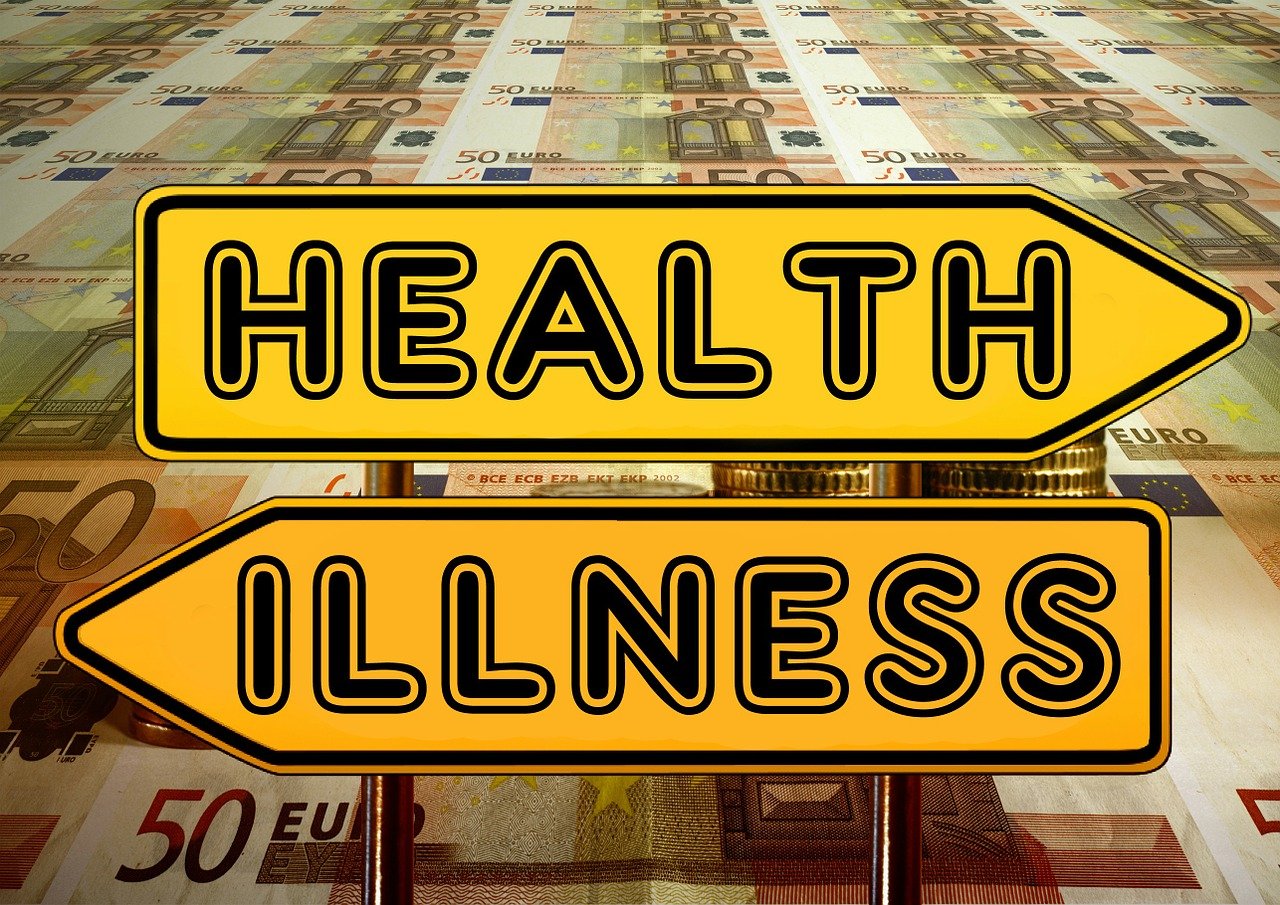The danger from hepatitis-B has actually been well recorded. It is one of the most widespread and harmful contagious illness known - and it's going to return. While the pandemic stress of hepatitis-A was a cause for concern back in 2018, lots of thought the exact same of the existing threat from the new, naturally occurring pressure. However, while each infection is different, they all have something in typical: they are all capable of contaminating the liver. The human body can battle or hand down hepatitis-B by two unique paths - referred to as 'main' and 'secondary'. If you're currently infected with the primary variation, your possibilities of recovery are much higher than if you contract it from a brand-new source. Nevertheless, even if you aren't quite sure which classification of hepatitis-B you're in, it's essential to secure yourself from both shots so that you do not become vulnerable in the future.

Fortunately, we now have actually antiviral drugs called Hepatitis B vaccines that can both tackle this problem at the same time! However where do we start?
# How to Protect Yourself from Hepatitis-B and How to Survive the Next pandemic!
Introduction
The risk from hepatitis-B has been well documented. It is one of the most widespread and unsafe contagious illness known - and it's going to return. While the pandemic stress of hepatitis-A was a cause for concern back in 2018, lots of thought the same of the existing danger from the new, naturally happening strain. Nevertheless, while each infection is various, they all have something in common: they are all capable of infecting the liver.
The human body can fight off or hand down hepatitis-B by two unique paths - called 'main' and 'secondary'. If you're currently infected with the main version, your chances of healing are much higher than if you contract it from a new source.

Nevertheless, even if you aren't quite sure which classification of hepatitis-B you're in, it's essential to protect yourself from both shots so that you don't become vulnerable later on.
Fortunately, we now have antiviral drugs called Hepatitis B vaccines that can both tackle this issue at the same time! However where do we start?
What is hepatitis-B?
Hepatitis-B is a viral infection that attacks the liver and can trigger both acute and persistent illness. The infection is transferred through contact with the blood or other body fluids of a contaminated person. It is a major international health issue, with over 250 million people around the world estimated to be chronically contaminated with the virus.
The signs of hepatitis-B can vary from moderate to severe and might consist of tiredness, jaundice, stomach pain, nausea, and loss of appetite.

In some cases, the infection can result in liver damage, cirrhosis, or liver cancer. It is very important to note that not everybody who is contaminated with hepatitis-B will experience signs, and some people might carry the virus without even understanding it.
Why Is Hepatitis B so Dangerous?
Hepatitis-B threatens because it can cause both severe and persistent infections. Acute hepatitis-B is a short-term disease that happens within the first 6 months after direct exposure to the virus. Many adults who get infected with hepatitis-B will recover totally from the acute infection, however a small portion may develop a persistent infection.
Persistent hepatitis-B is a long-lasting health problem that takes place when the infection remains in the body for more than six months. It can cause major health issue, consisting of liver cirrhosis, liver failure, and liver cancer. Persistent hepatitis-B is a leading reason for liver cancer around the world and is accountable for over 780,000 deaths each year.

The most common form of hepatitis-B in the world?
The most typical form of hepatitis-B in the world is the transmission of the infection from mother to kid during childbirth. This is called perinatal transmission and represent a considerable variety of hepatitis-B cases internationally. Other typical modes of transmission include vulnerable sexual contact, sharing needles or syringes, and direct exposure to polluted blood or blood products.
Certain populations are at a higher threat of hepatitis-B infection, including individuals who inject drugs, guys who have sex with guys, healthcare workers, and people with several sexual partners. It is necessary for these high-risk groups to take extra precautions to secure themselves from hepatitis-B.
How hazardous is hepatitis-B?
Hepatitis-B is extremely contagious and can be sent through contact with infected blood, semen, vaginal fluids, and other body fluids.

The infection can survive outside the body for approximately seven days, making it easy to spread through polluted things or surfaces. It is necessary to practice good hygiene and take needed preventative measures to prevent the spread of hepatitis-B.
The consequences of hepatitis-B can be severe, with possible long-lasting health issues. Chronic hepatitis-B can result in liver damage, liver cancer, and sudden death. It is estimated that hepatitis-B-related liver cancer is accountable for around 800,000 deaths each year.
How to avoid hepatitis-B
The most reliable method to prevent hepatitis-B is through vaccination. The hepatitis B vaccine is safe, reliable, and offers lasting protection versus the virus. It is recommended for all babies, children, and adolescents as well as grownups at high danger of infection.
In addition to vaccination, there are other preventive measures that can minimize the danger of hepatitis-B transmission.

These include practicing safe sex, utilizing clean needles and syringes, avoiding sharing individual products such as tooth brushes or razors, and ensuring the safety of blood and blood products.
Conclusion
In conclusion, hepatitis-B is an unsafe contagious disease that can cause severe health issues. It is necessary to secure yourself and others from hepatitis-B through vaccination and embracing preventive steps. By taking these actions, we can decrease the risk of infection and avoid the spread of this lethal virus. Stay informed, stay protected, and together, we can survive the next pandemic!
 Add Row
Add Row  Add
Add 




 Add Row
Add Row  Add
Add 

Write A Comment